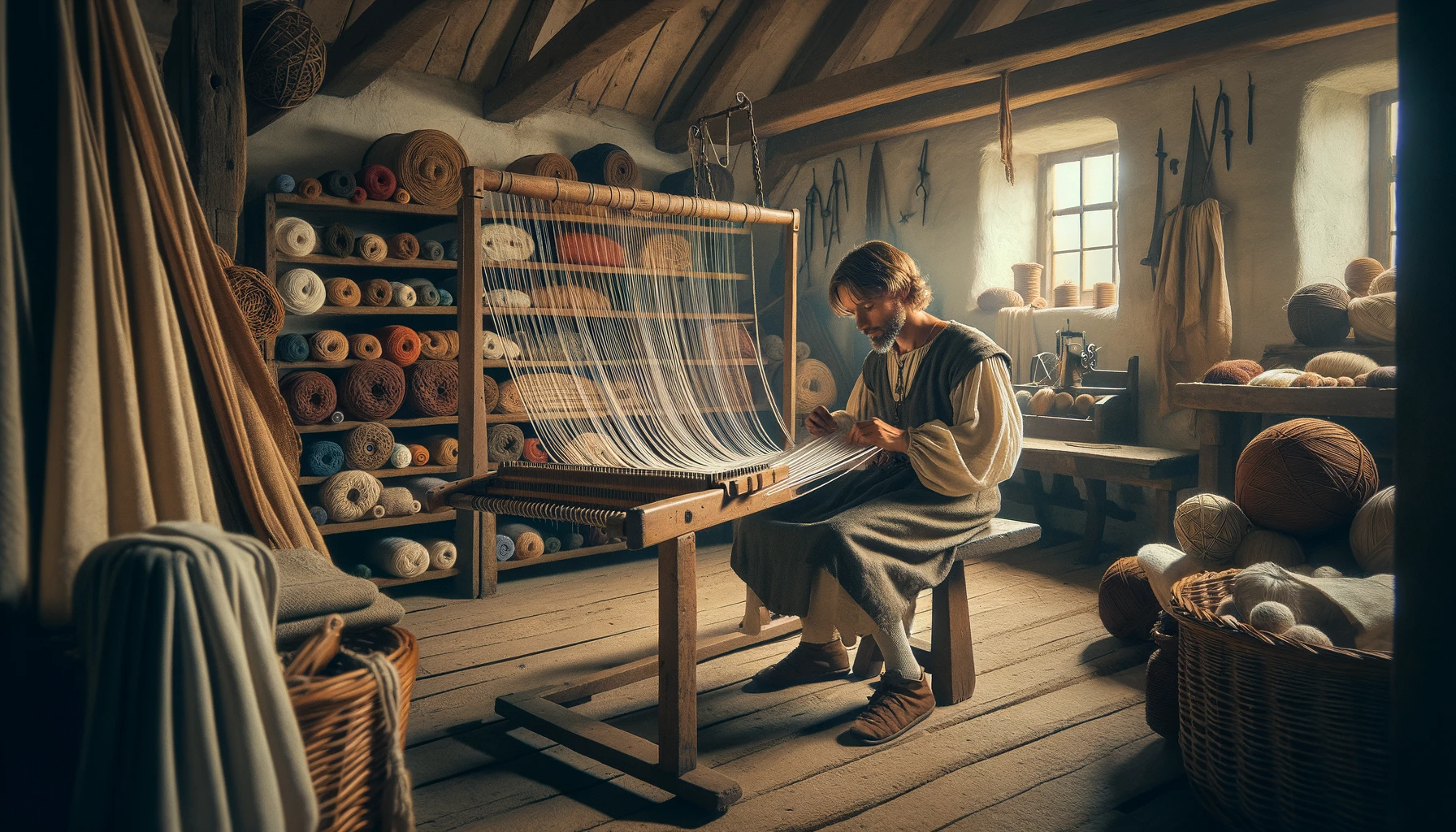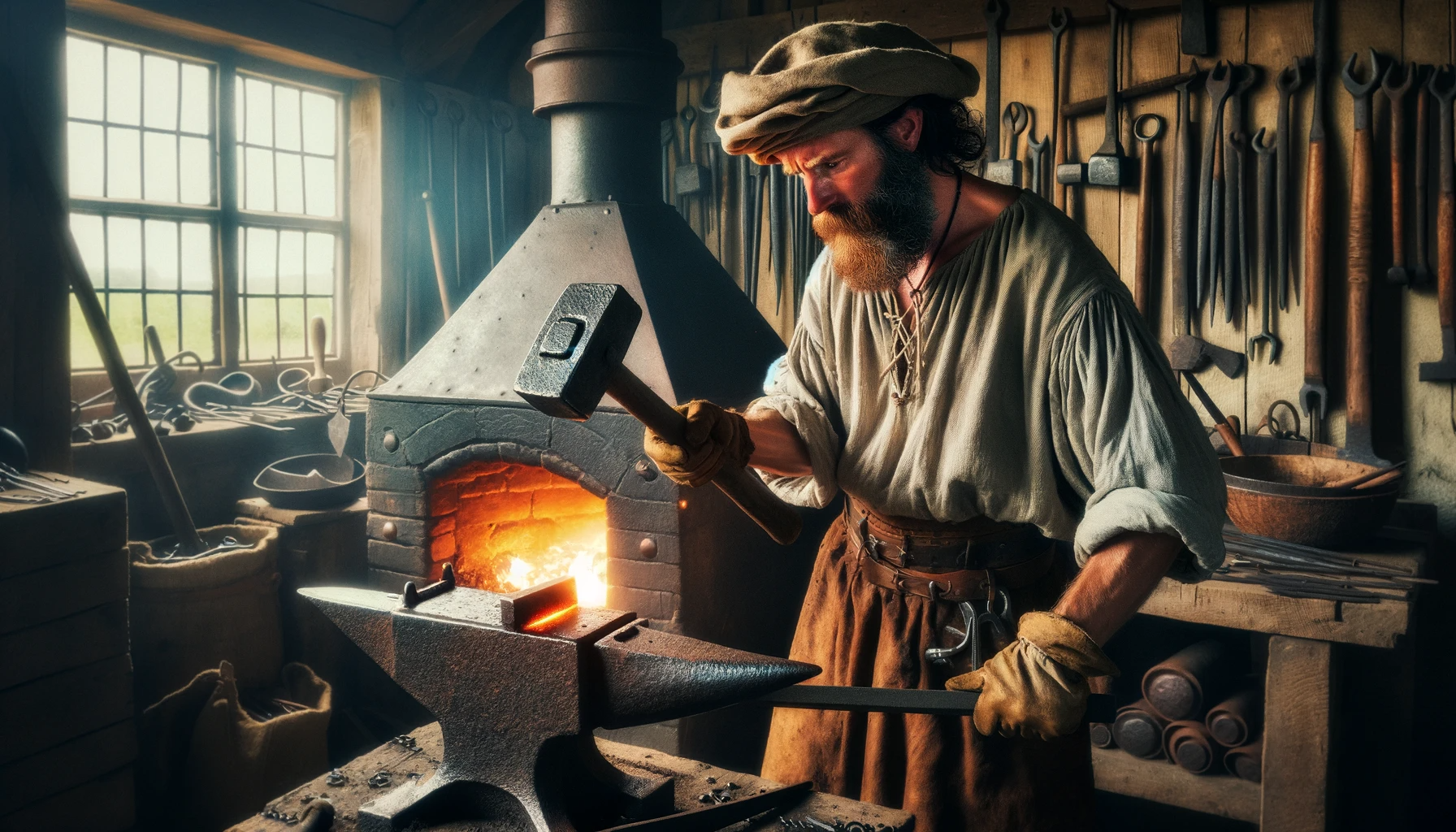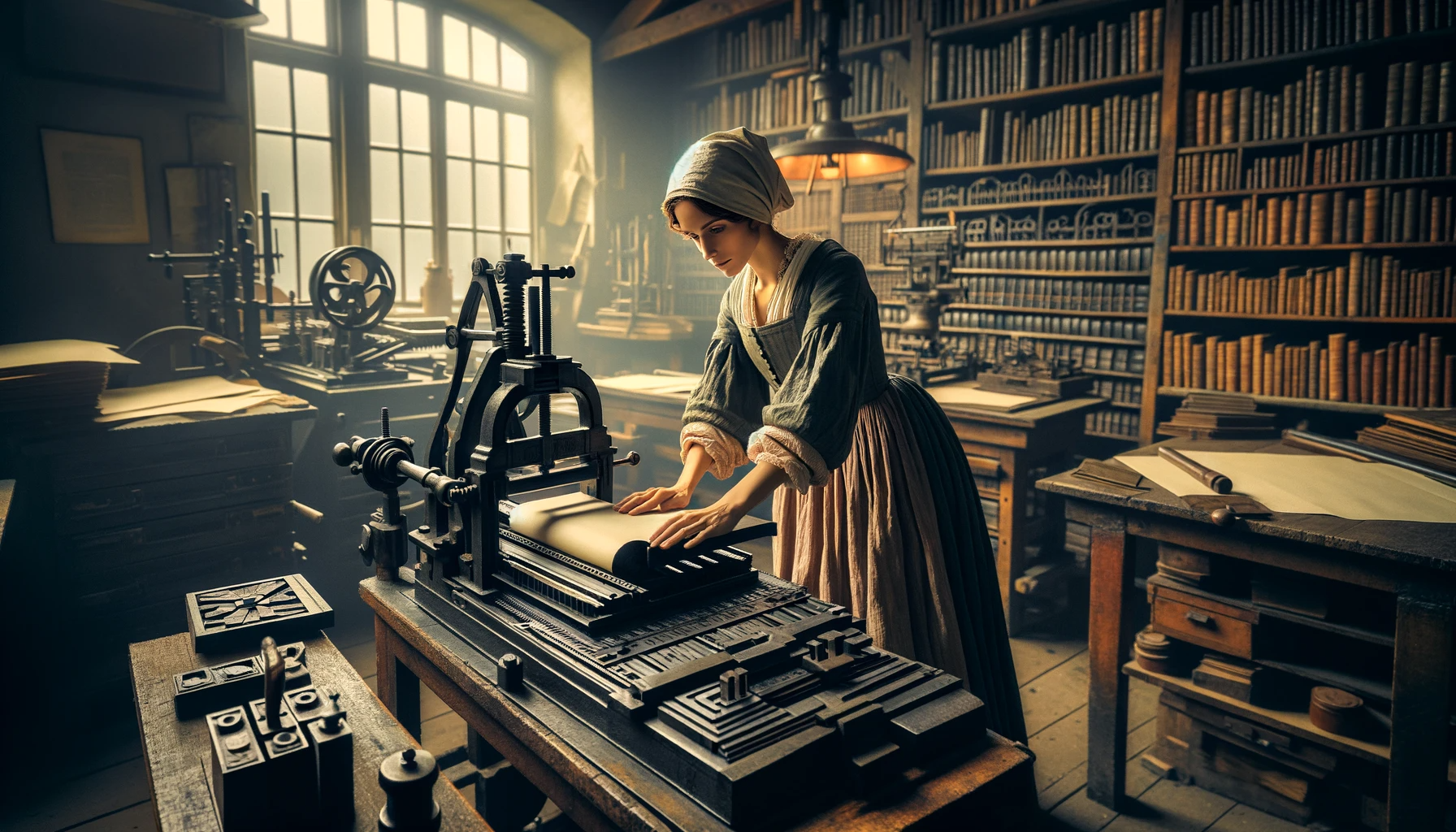We see these three professions almost every day in games, but in reality they have long since died out.

In the world of video games, the possibilities are endless. Players can immerse themselves in fantastic worlds, experience epic adventures, and virtually practice countless professions. However, while we lose ourselves in digital worlds, we often forget that the real world also has a rich history of professions that are now nearly extinct. These professions might fascinate not only history fans among you, but also gamers, as they are portrayed in many games as crafts or special skills. In this article, we take a look at three extinct professions that can give gamers a new understanding of the virtual world.
- Extinct? Think again! Our job offers are hot off the press!
1. The Loom Weaver

In the era of industrialization, handwork was replaced by machines, and this also applies to weaving. Previously, weavers and spinners were essential for the production of fabrics and clothing. Today, gamers in games like Stardew Valley or Minecraft can use similar skills to tailor clothing or construct buildings, giving insight into the workflows of the past.
2. The Blacksmith

In role-playing games like The Elder Scrolls or Dark Souls, the profession of the blacksmith is of crucial importance. Players can forge weapons and armor to enhance their characters. In the real world, blacksmithing was a traditional profession that has become rare in modern times. Gamers can experience this profession virtually and learn to appreciate its significance.
3. The Printmaker

With the development of printing machines and digitalization, printmakers lost their original profession. In games like Baldur's Gate 3 or Skyrim, gamers can explore the significance of printmaking and the spread of knowledge. These games offer insights into a time when books were the number one entertainment medium. Isn't it odd to play a game and read books in it?
- Looking for your calling? Check out our job offers!
The world of video games offers not only exciting adventures and challenges but also the opportunity to experience and appreciate historical professions and crafts, albeit in a more imaginative way.






























